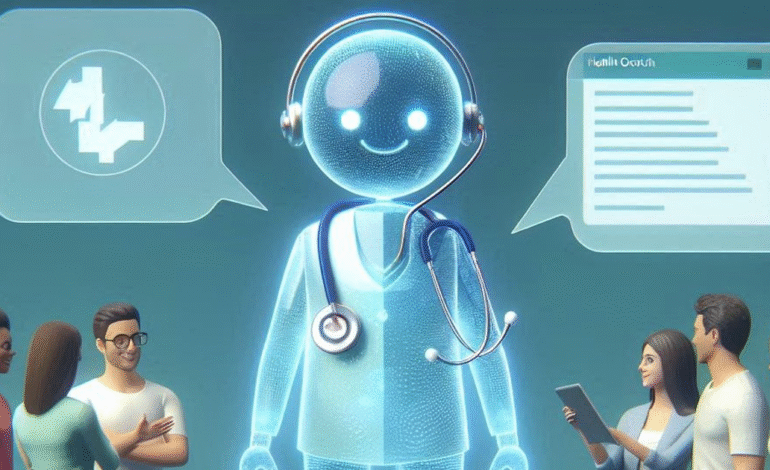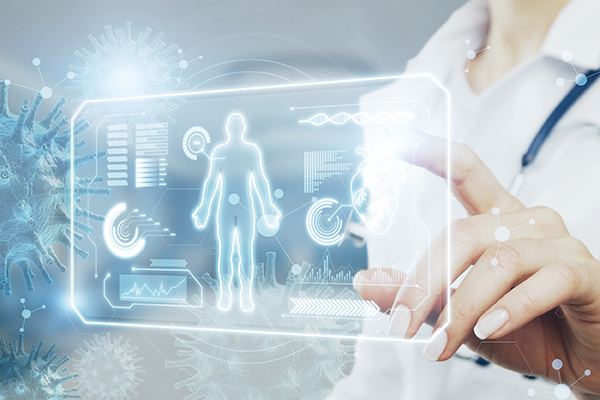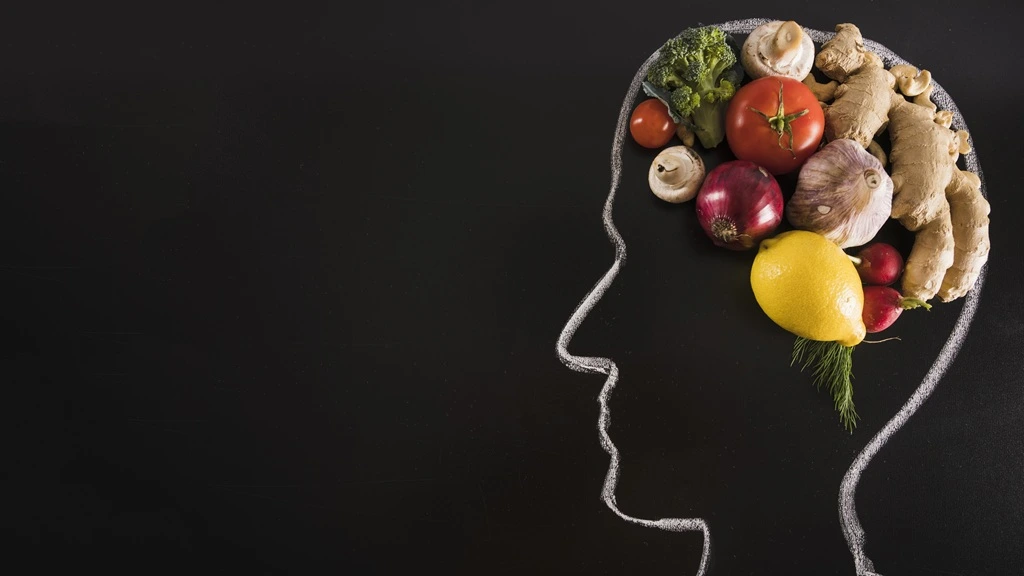Are AI Health Coaches the Future? My Take on Personalized Health Solutions That Actually Work
I’ve always been a health optimizer. I track my water intake, try to eat clean, and care deeply about staying sharp—mentally and physically. But I’m also human. I’ve fallen off

I’ve always been a health optimizer. I track my water intake, try to eat clean, and care deeply about staying sharp—mentally and physically. But I’m also human. I’ve fallen off routines, skipped workouts, eaten late, and let stress get the best of me. For a while, I felt like I was just guessing at what my body needed.
That changed when I started exploring AI-powered health coaches.
At first, I was skeptical. Could an algorithm really know what’s best for me? Could artificial intelligence actually help me make better decisions about sleep, nutrition, mental wellness, and exercise?
Turns out—the answer is yes. And the potential is much bigger than I imagined.
What Is an AI Health Coach?
An AI health coach is a digital tool—powered by artificial intelligence—that provides real-time, personalized health recommendations based on your behavior, preferences, health data, and goals. Some platforms connect with wearables like Fitbit, Apple Watch, or Oura Ring to track metrics like:
- Heart rate
- Sleep quality
- Steps
- Stress levels
- Blood glucose (in some advanced platforms)
From there, it starts coaching you: giving gentle nudges, suggesting tailored workouts, reminding you to hydrate, helping you plan meals, even checking in on your mood.
It’s like having a personal trainer, nutritionist, and wellness coach in your pocket 24/7—with none of the judgment.
Why Personalized Health Is the Game-Changer

Health is not one-size-fits-all. I learned that the hard way after following generic routines that didn’t suit my body or lifestyle. Personalized solutions—based on real-time data and your actual habits—are where health is heading.
AI health coaches can:
- Adjust your goals when you’re tired or stressed
- Recommend what to eat based on your energy output
- Spot trends in your sleep patterns
- Alert you to signs of burnout or dehydration
- Keep you consistent without overwhelm
“The future of health is personalized, predictive, and proactive,” says Dr. Eric Topol, a leading expert in digital medicine. “AI makes that scalable and accessible.”
My Experience: What Worked, What Didn’t
I started with a basic AI wellness app that linked to my watch and asked me about my daily energy and food. After a week, it was already tailoring advice to my rhythm. On low sleep days, it told me to avoid high-intensity training and opt for stretching and hydration. It reminded me to take 3-minute breaks when my stress levels spiked.
It wasn’t perfect—some of the nutrition suggestions felt too cookie-cutter. But the reminders were spot on. And the best part? I felt seen, in a way most health plans never made me feel.
Over time, I noticed I was:
- Drinking more water
- Sleeping deeper
- Less reactive to stress
- Moving more throughout the day
- Actually enjoying wellness again
And all of it came from bite-sized, smart nudges. No shame. No pressure. Just small shifts that stuck.
How to Choose an AI Health Coach
If you’re interested in trying one, here’s what I’d recommend:
 Look for Platforms That Offer:
Look for Platforms That Offer:
- Integration with wearables (Apple Health, Garmin, Fitbit, etc.)
- Custom goal setting
- Mood tracking or journaling
- Sleep and stress monitoring
- Nutrition recommendations or meal guidance
- Behavioral nudges based on your data
 Examples of Popular AI Wellness Platforms:
Examples of Popular AI Wellness Platforms:
- WHOOP Coach (performance-based)
- Lumen (metabolic insights)
- Noom AI (weight loss with behavior psychology)
- MyFitnessPal + AI coaching features
- Fitbit Premium with AI insights
“Behavioral change happens through micro-interventions,” says Dr. BJ Fogg of Stanford. “AI can make those timely, consistent, and effortless.”
What AI Can’t Replace
As helpful as AI is, let me be clear: it doesn’t replace a human doctor, therapist, or health provider. It’s not there to diagnose disease or treat serious issues. But it’s an incredible tool for accountability, consistency, and self-awareness.
What it does best is remind you that your choices matter, and that building a healthier life can be simple, trackable, and personalized—without requiring you to figure it all out alone.
Thoughts
We all want to live longer, feel better, and stay mentally sharp. But most of us don’t need more information—we need the right feedback at the right time. That’s what AI health coaches can offer.
I still believe in the human connection—my family, my faith, my doctors—but I’m no longer trying to navigate wellness alone. With AI, I’ve got backup. And for the first time in a long time, health feels personal again.
By Dave Mazer for Ravoke.com








